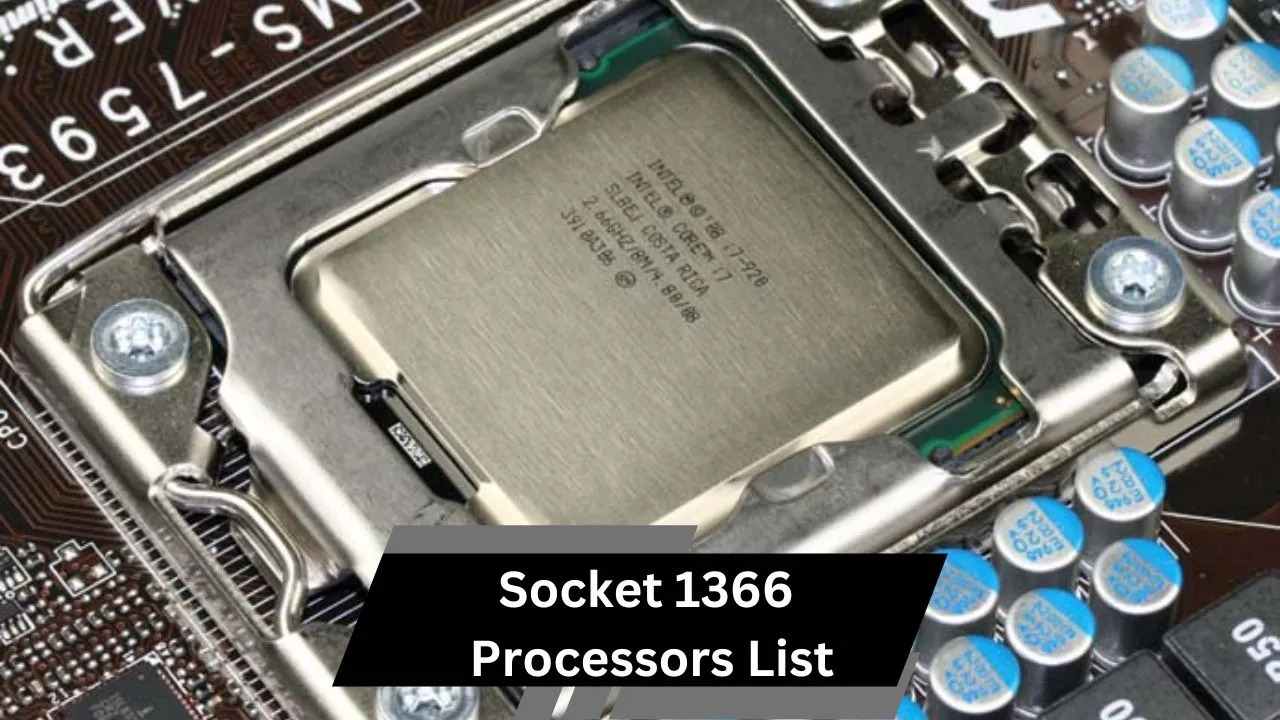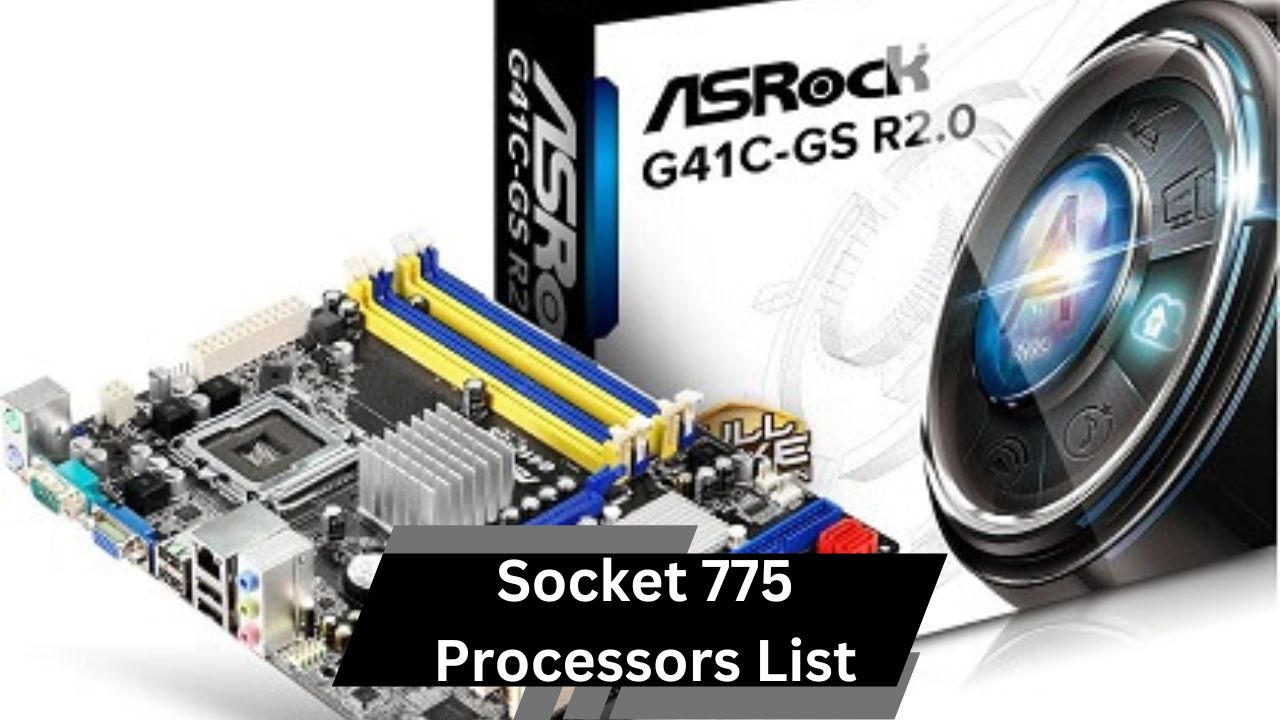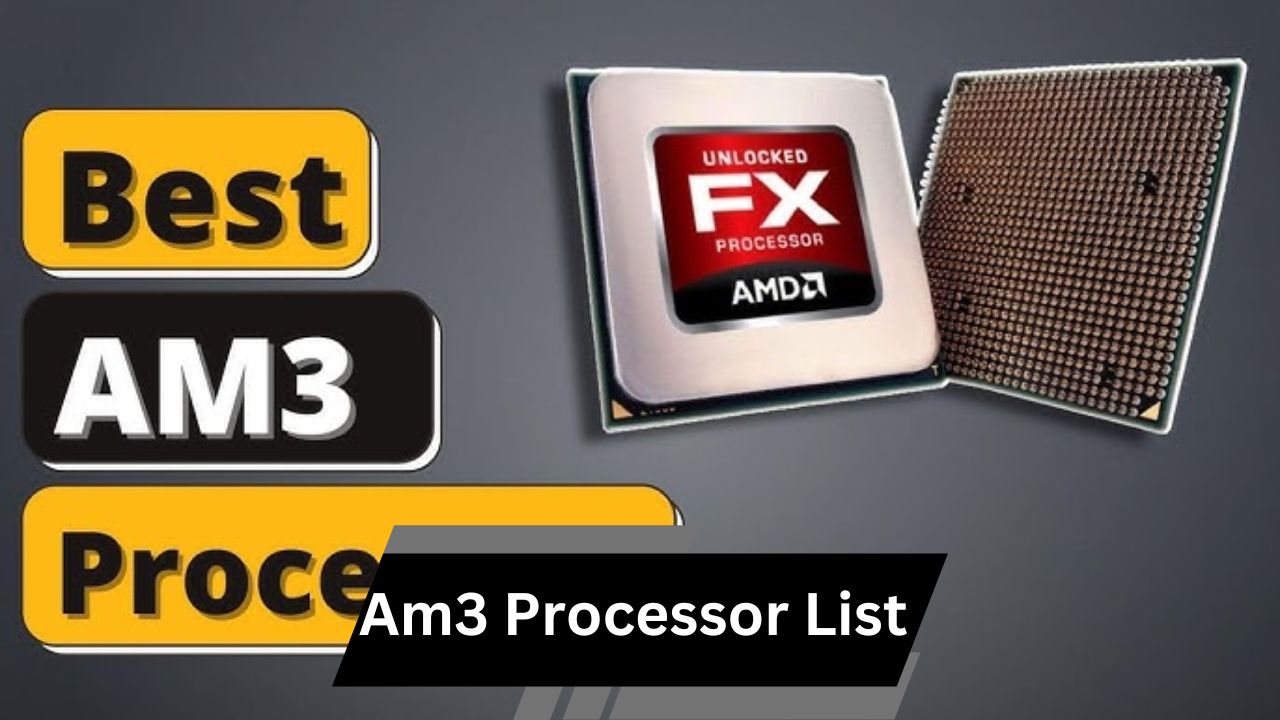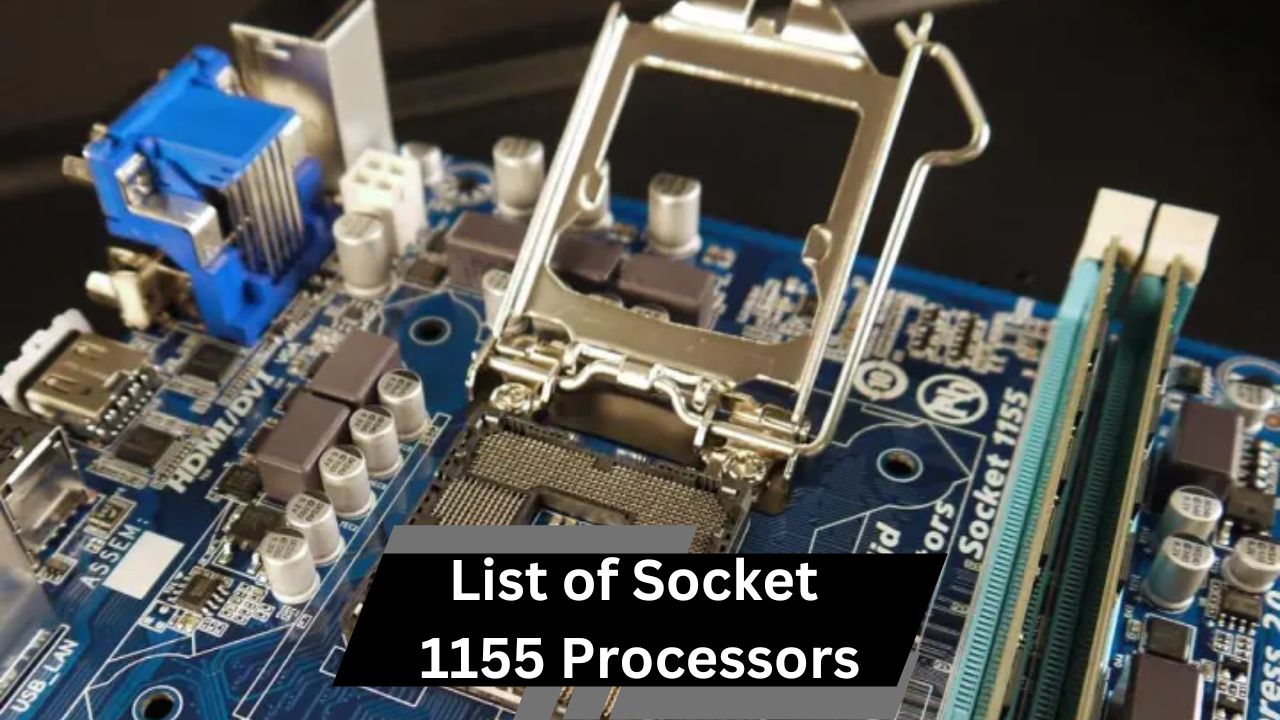Socket 1366 processors, like the Core i7-920 and Xeon X5680, were Intel’s high-performance CPUs, catering to diverse computing needs and excelling in various applications.
Socket 1366, also known as LGA 1366, was introduced by Intel in 2008 and became a popular choice for high-performance computing. This socket supported various processors including Intel Core i7 and Xeon models. Here’s an in-depth look at the key processors compatible with Socket 1366, explained in simple terms.
Intel Core i7-920:
- Release Date: November 2008
- Cores/Threads: 4 cores and 8 threads
- Base Clock Speed: 2.66 GHz
- Turbo Boost Speed: Up to 2.93 GHz
- Cache Memory: 8 MB L3 cache
- Thermal Design Power (TDP): 130W
- Overview: The Core i7-920 was one of the first processors to use the Nehalem architecture. It provided strong performance for its time, making it popular among gamers and PC enthusiasts. It was a good balance between cost and power, delivering reliable performance for everyday tasks and some demanding applications.
Intel Core i7-930:
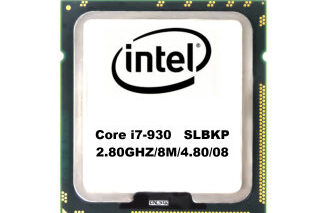
- Release Date: April 2010
- Cores/Threads: 4 cores and 8 threads
- Base Clock Speed: 2.80 GHz
- Turbo Boost Speed: Up to 3.06 GHz
- Cache Memory: 8 MB L3 cache
- TDP: 130W
- Overview: The Core i7-930 improved on the i7-920 with slightly higher clock speeds. It offered better performance, making it suitable for more demanding applications and games.
Intel Core i7-940:
- Release Date: March 2009
- Cores/Threads: 4 cores and 8 threads
- Base Clock Speed: 2.93 GHz
- Turbo Boost Speed: Up to 3.20 GHz
- Cache Memory: 8 MB L3 cache
- TDP: 130W
- Overview: The Core i7-940 was a step up from the i7-920, providing better base clock speeds and performance. It was ideal for users who needed extra power for tasks like video editing and gaming.
Intel Core i7-965 Extreme Edition:
- Release Date: November 2008
- Cores/Threads: 4 cores and 8 threads
- Base Clock Speed: 3.20 GHz
- Turbo Boost Speed: Up to 3.60 GHz
- Cache Memory: 8 MB L3 cache
- TDP: 130W
- Overview: The i7-965 Extreme Edition was a high-end model aimed at enthusiasts who wanted the best performance. It had higher clock speeds and an unlocked multiplier, allowing users to overclock it for even more power.
Also read: Lga 2011 Processor List – A Comprehensive List!
Intel Core i7-975 Extreme Edition:
- Release Date: April 2009
- Cores/Threads: 4 cores and 8 threads
- Base Clock Speed: 3.33 GHz
- Turbo Boost Speed: Up to 3.60 GHz
- Cache Memory: 8 MB L3 cache
- TDP: 130W
- Overview: As an upgrade to the i7-965, the i7-975 offered even better performance with higher clock speeds. It was designed for users who needed the best possible performance from the Socket 1366 platform.
Intel Xeon X5550:
- Release Date: February 2009
- Cores/Threads: 4 cores and 8 threads
- Base Clock Speed: 2.66 GHz
- Turbo Boost Speed: Up to 2.93 GHz
- Cache Memory: 8 MB L3 cache
- TDP: 80W
- Overview: The Xeon X5550 was intended for servers and workstations. It provided strong performance with lower power consumption, making it suitable for enterprise environments.
Intel Xeon X5560:
- Release Date: March 2009
- Cores/Threads: 4 cores and 8 threads
- Base Clock Speed: 2.80 GHz
- Turbo Boost Speed: Up to 3.20 GHz
- Cache Memory: 8 MB L3 cache
- TDP: 95W
- Overview: The Xeon X5560 offered improved clock speeds and performance compared to the X5550. It was a good choice for professional applications requiring high computing power.
Intel Xeon X5670:
- Release Date: January 2010
- Cores/Threads: 6 cores and 12 threads
- Base Clock Speed: 2.93 GHz
- Turbo Boost Speed: Up to 3.33 GHz
- Cache Memory: 12 MB L3 cache
- TDP: 95W
- Overview: The Xeon X5670 was notable for its six cores, making it ideal for tasks that benefit from multiple processing threads, such as data analysis and virtualization.
Intel Xeon X5680:
- Release Date: January 2010
- Cores/Threads: 6 cores and 12 threads
- Base Clock Speed: 3.33 GHz
- Turbo Boost Speed: Up to 3.60 GHz
- Cache Memory: 12 MB L3 cache
- TDP: 130W
- Overview: The Xeon X5680 was one of the top processors for Socket 1366, offering impressive performance with high clock speeds and core count, suitable for the most demanding tasks.
Intel Xeon W5580:
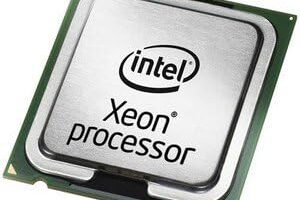
- Release Date: February 2009
- Cores/Threads: 4 cores and 8 threads
- Base Clock Speed: 3.20 GHz
- Turbo Boost Speed: Up to 3.60 GHz
- Cache Memory: 8 MB L3 cache
- TDP: 130W
- Overview: The Xeon W5580 was designed for high-performance workstations. It offered excellent performance for tasks like 3D rendering and simulations.
FAQ’s:
1. What is Socket 1366?
Socket 1366 is a CPU socket designed by Intel for its Core i7 and Xeon processors, providing support for high-performance computing.
2. Which processors are compatible with Socket 1366?
Compatible processors include the Intel Core i7-920, i7-965 Extreme Edition, Xeon X5550, and Xeon X5680, among others.
3. When was Socket 1366 introduced?
Socket 1366 was introduced in November 2008.
4. What are some key features of the Core i7-920?
The Core i7-920 features 4 cores, 8 threads, a base clock speed of 2.66 GHz, and a 8 MB L3 cache.
5. What distinguishes the Xeon X5670 from other Socket 1366 processors?
The Xeon X5670 stands out with 6 cores, 12 threads, and a base clock speed of 2.93 GHz, making it suitable for high-demand tasks.
6. Are Socket 1366 processors still used today?
While newer technologies have surpassed them, Socket 1366 processors can still be found in older systems and are used by some enthusiasts.
7. What is the thermal design power (TDP) of the Core i7-965 Extreme Edition?
The Core i7-965 Extreme Edition has a TDP of 130 watts.
8. Which Socket 1366 processor is ideal for gaming?
The Core i7-965 Extreme Edition is particularly suited for gaming due to its higher clock speeds and performance capabilities.
Conclusion:
Socket 1366 processors provided a range of options for different needs, from basic computing to high-performance tasks. The processors listed above were popular choices for their time, delivering strong performance and reliability. While newer technologies have since emerged, these processors still represent a significant period in computing history, providing a solid foundation for many users and applications.

